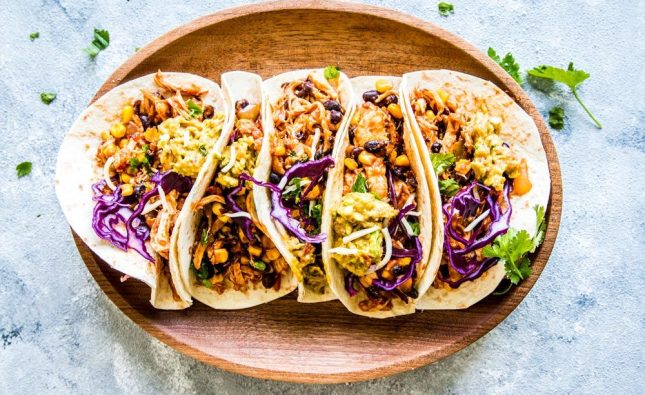
Introduction:
Thanksgiving is a time for gratitude, family gatherings, and, of course, a bountiful feast. However, it’s also a time when food waste reaches alarming levels. According to research, Americans waste approximately 30-40% of the food supply during the Thanksgiving holiday alone. This year, let’s make a conscious effort to trim the waste without compromising the joy and abundance of the Thanksgiving feast. In this article, we will explore proven techniques to reduce food waste and create a more sustainable and mindful Thanksgiving celebration.
- Plan your menu thoughtfully:
Start by planning your Thanksgiving menu with a focus on practicality and portion control. Consider the number of guests and their preferences to ensure you’re preparing the right amount of food. Opt for dishes that can be easily scaled up or down to avoid excess leftovers. Also, think about incorporating dishes that use similar ingredients to maximize efficiency and reduce waste.
- Embrace the farm-to-table concept:
Support local farmers and reduce your carbon footprint by incorporating locally sourced ingredients into your Thanksgiving meal. Visit farmers markets or consider joining a community-supported agriculture (CSA) program to access fresh, seasonal produce. By choosing local, you not only support the local economy but also reduce the environmental impact associated with long-distance transportation.
- Get creative with leftovers:
Leftovers are an inevitable part of Thanksgiving, but they don’t have to go to waste. Plan ahead and think of creative ways to repurpose your Thanksgiving leftovers. Transform turkey into sandwiches, soups, or casseroles. Use mashed potatoes to make potato pancakes or shepherd’s pie. Get inventive with cranberry sauce and create tasty spreads or incorporate it into desserts. By reinventing leftovers, you’ll not only minimize waste but also enjoy new and exciting dishes.
- Share the bounty:
Consider donating excess food to local shelters, food banks, or community organizations. Many organizations welcome donations of non-perishable items, canned goods, and packaged food. Before donating, check their guidelines and inquire about specific needs to ensure your donations can be put to good use. Sharing the bounty of Thanksgiving can make a significant difference in the lives of those in need.
- Practice portion control:
Encourage mindful eating by practicing portion control during your Thanksgiving feast. Offer smaller plates and encourage guests to take only what they can comfortably eat. Remind everyone that seconds are always an option, but wasting food is not. By avoiding excessive portions, you can minimize food waste without compromising the enjoyment of the meal.
- Store leftovers properly:
To maximize the lifespan of your leftovers, store them properly. Invest in airtight containers or reusable food wraps to keep food fresh and prevent spoilage. Label containers with dates to ensure you use them within a safe timeframe. By taking care of leftovers, you can extend their usability and reduce the risk of food waste.
- Composting:
Utilize food scraps, such as vegetable peels and leftovers that can’t be repurposed, by composting them. Composting not only diverts waste from landfills but also creates nutrient-rich soil for gardening. Consider starting a compost bin in your backyard or explore community composting programs available in your area.
- Educate and raise awareness:
Use Thanksgiving as an opportunity to educate your family and friends about the importance of reducing food waste. Share statistics and facts about the environmental impact of wasted food. Engage in conversations about sustainable practices and encourage guests to adopt mindful consumption habits beyond the holiday season. By spreading awareness, you can inspire others to join the movement of waste reduction.
Conclusion:
This Thanksgiving, let’s make a conscious effort to trim the waste without sacrificing the joy and abundance of the holiday feast. By planning thoughtfully, embracing locally sourced ingredients, getting creative with leftovers, sharing excess food, practicing portion control, storing leftovers properly, composting, and educating others, we can significantly reduce food waste and create a more sustainable Thanksgiving celebration. Together, let’s trim the waste, not the feast, and cultivate a more mindful approach to food consumption.










